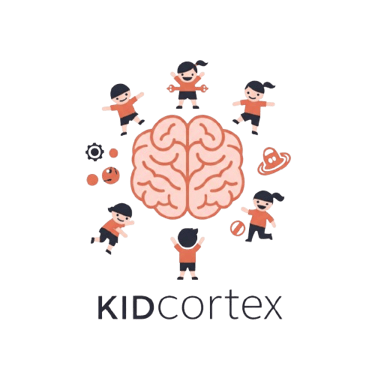Screen Time and Brain Development in Children
Discover the impact of screen time on child brain development. Learn research-backed guidelines, risks, and parent tips to manage screen use.
Dr. Tarun Sharma
9/15/20252 min read
Introduction
“Just one more episode, please!”—if you’re a parent, you’ve probably heard this countless times. In today’s digital world, screens are everywhere: TVs, tablets, smartphones, and laptops. While technology can be a valuable tool for learning, too much screen time during early childhood may affect brain development, attention, and language skills.
At KidsCortex, we help parents navigate modern challenges with science-backed guidance. Let’s explore what the latest research says about screen time and your child’s growing brain.
What Science Says About Screen Time and the Brain
1. Early Brain Development and Screens
Research using brain imaging has shown that excessive screen exposure in preschool years is linked to less development in white matter areas—the parts of the brain responsible for language, literacy, and self-regulation.
2. Attention and Focus
Studies suggest that children with high daily screen use may show shorter attention spans and difficulty concentrating. Fast-paced screen content can overstimulate developing neural pathways.
3. Sleep Disturbances
Screens, especially before bedtime, reduce melatonin production due to blue light exposure. This disrupts sleep quality, which is critical for brain growth and memory formation.
How Much Screen Time is Safe?
According to the American Academy of Pediatrics (AAP):
Children under 18 months: Avoid screens (except video calls).
Ages 2–5 years: Limit to 1 hour per day of high-quality content.
Ages 6 and up: Set consistent limits and prioritize sleep, play, and offline learning.
Positive Uses of Screen Time
Not all screen time is harmful. Educational programs, interactive apps, and co-viewing with parents can support learning. For example:
Language development: Reading apps with parent narration.
Motor skills: Movement-based games.
Social skills: Video calls with relatives.
Research shows that when parents engage with children during screen use, the learning benefits increase significantly.
Risks of Excessive Screen Time
Too much, too early may lead to:
Delayed language development
Reduced physical activity (risk of obesity)
Behavioral issues (irritability, hyperactivity)
Poor academic readiness
Practical Tips for Parents (KidCortex Guidance)
Set clear boundaries: Use family media plans to decide when and how screens are used.
Encourage screen-free zones: Keep mealtimes and bedrooms tech-free.
Choose quality content: Opt for educational shows (Sesame Street, PBS Kids) or interactive apps over passive videos.
Model healthy habits: Children mimic parents—limit your own screen time too.
Replace with play: Outdoor games, puzzles, or storytelling stimulate creativity more than screens.
FAQs Parents Ask
Q1. Can screen time cause autism?
No, research shows no causal link between screen time and autism. However, excessive screen use can mimic autism-like behaviors such as reduced eye contact.
Q2. Is educational YouTube good for toddlers?
If watched with a parent, short clips can support learning. But solo binge-watching is not recommended.
Q3. What if my child already watches too much?
Gradual reduction works best. Replace screen time with engaging activities like reading, playdates, or outdoor fun.
Conclusion
Screen time is a modern parenting challenge, but it doesn’t have to harm your child’s brain. By setting healthy limits, choosing quality content, and staying involved, you can turn technology into a learning ally instead of a risk.
At KidCortex, we believe in empowering parents with practical, science-backed tips to raise thriving, screen-smart kids.
